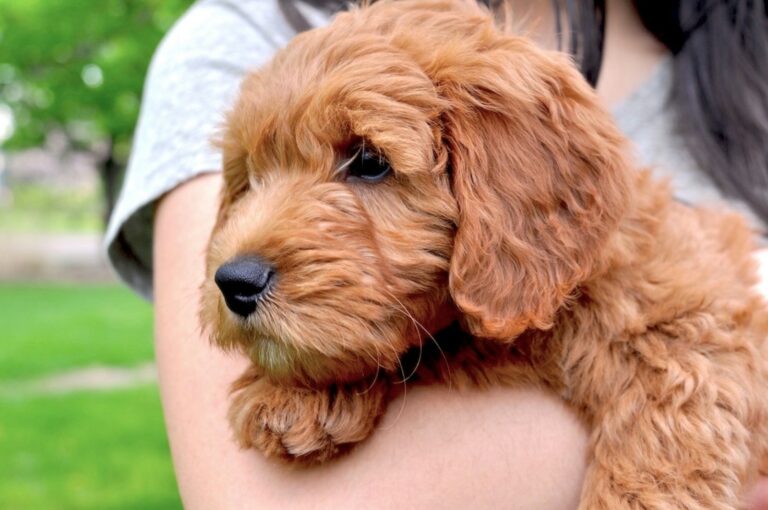10 Respectful Habits That Dog Owners Truly Appreciate
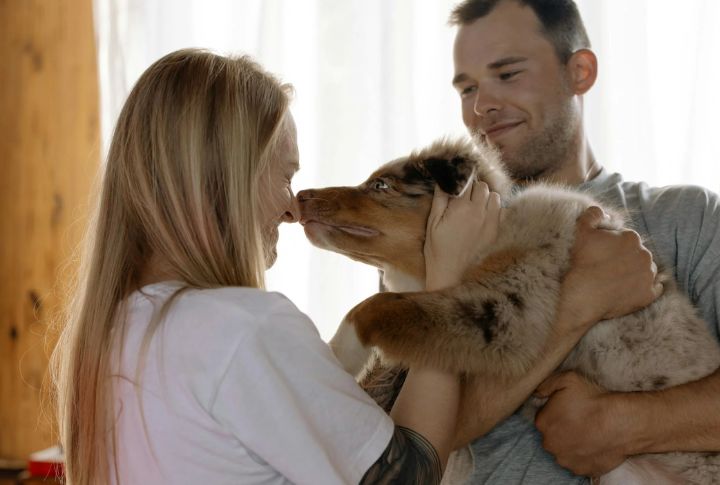
Have you ever caught a side-eye from someone walking their dog? Chances are, you crossed one of those unspoken lines without meaning to. Dog owners pick up on more than you’d think—even when you’re just trying to be nice. It doesn’t take much to get it right. These 10 respectful habits actually make a difference.
Ask Permission Before Petting Their Dog

It might seem harmless, but reaching out to pet a dog without asking can cause stress or even aggression. Many owners—over 60%, actually—really value being asked first. This shows respect for their responsibility. Plus, some dogs, like service animals, are trained to avoid interaction altogether. Just ask; it’s polite and smart.
Offer Constructive Suggestions, Not Criticism

A respectful tone goes a long way. Saying something like, “Have you tried this for barking?” feels helpful instead of pushy. It shows you recognize the effort already being made and makes people more open to new ideas. Since dogs can learn so much, useful training tips are worth sharing—especially when shared the right way.
Learn Basic Dog Body Language Before Engaging
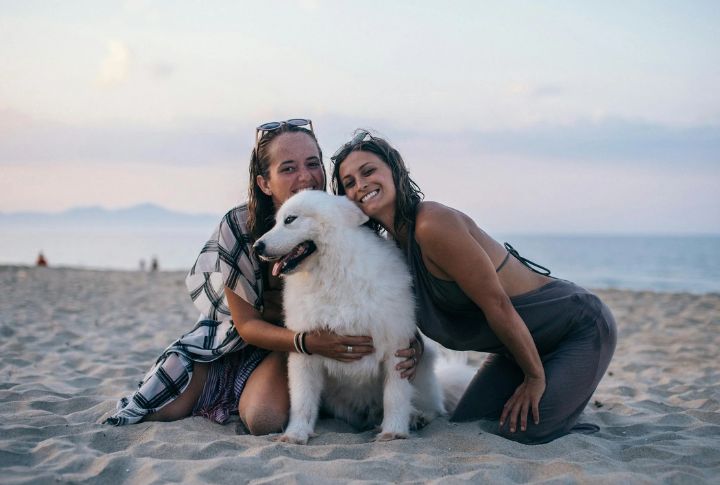
Understanding basic dog body language leads to safer, more respectful interactions. Tail wagging doesn’t always mean friendliness; a slow wag can signal tension or aggression. Dilated pupils often show stress, and growling means the dog needs space. When others recognize and respond to these signals, it reassures owners.
Respect Their Space During Walks
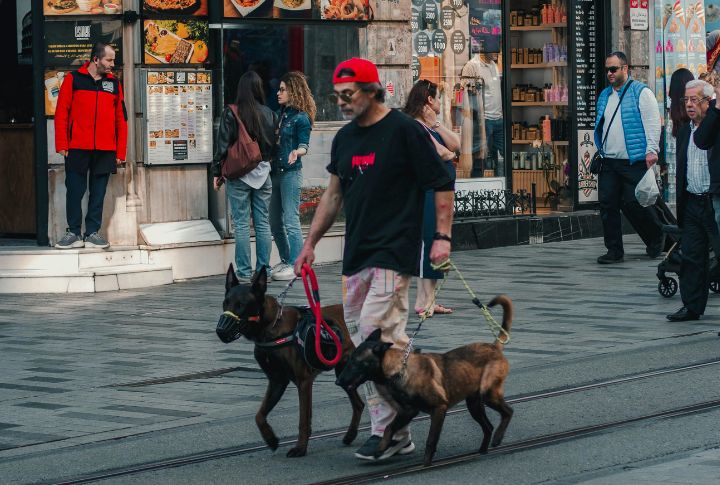
Give some space when walking past someone with a dog. It helps keep things calm for both the dog and the owner. Getting too close can make a dog feel on edge, especially if the leash is tight. Many dogs react to body language, and most owners appreciate a little distance.
Stay Calm During Unexpected Dog Behavior

Dog barks can reach 100 decibels, roughly the volume of a lawnmower. In those moments, remaining calm prevents escalating tension and supports the owner’s effort to manage the dog’s behavior. Dogs often settle within seconds when others don’t panic. Since many owners feel embarrassed during outbursts, patient responses are both helpful and respectful.
Listen Actively To Their Dog-Related Concerns
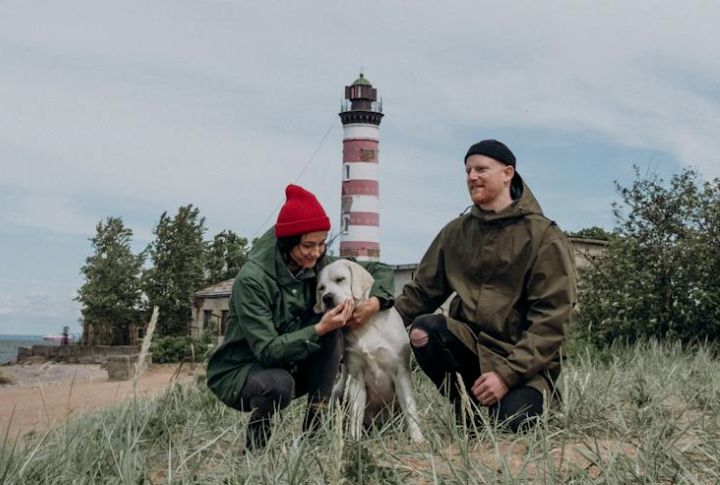
Avoid interrupting when a dog owner brings up concerns, especially about health or behavior. Respect builds when people feel heard. Owners frequently look for empathetic listeners before turning to anyone else. By paying attention, you may learn useful info—like shared routes, pet-friendly parks, or common canine allergies in the area.
Start Conversations With Open-Ended Questions
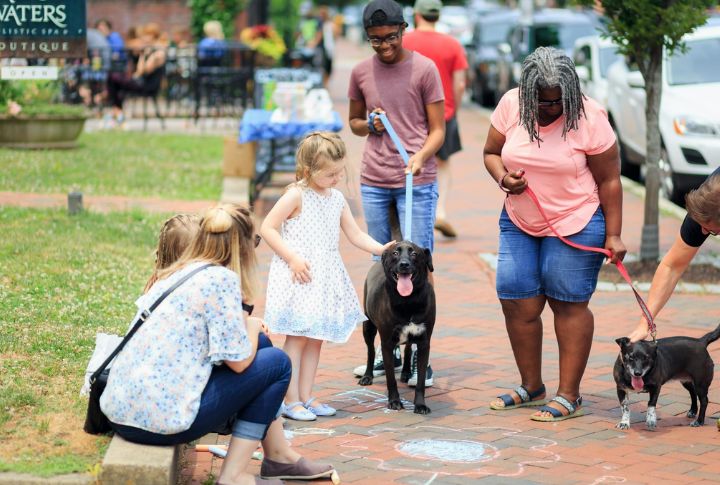
Skip yes-or-no questions. Ask, “What’s your dog’s favorite activity?” It invites a relaxed response and shows genuine interest. Open-ended questions build trust fast. They reveal whether a dog prefers space or play. Pet quirks, especially hobbies like hiking or chasing frisbees, are often a source of pride, and people usually enjoy sharing them.
Avoid Interrupting Owner-Dog Training Moments
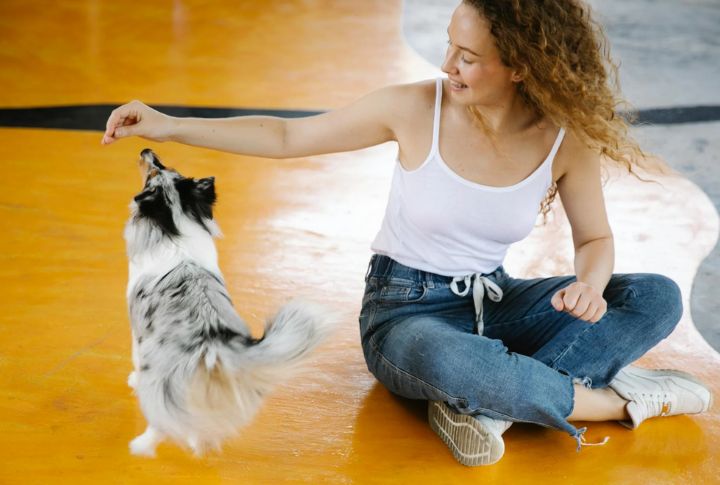
Interrupting a dog mid-training? Bad timing. Dogs need 50–100 tries just to master “sit.” Some even train for serious stuff like allergen detection. Distractions throw them off and frustrate owners. Respect their focus; it shows patience. After all, 90% of owners see better behavior with steady training, and they’ve earned that moment.
Compliment-Specific Traits Of Their Dog
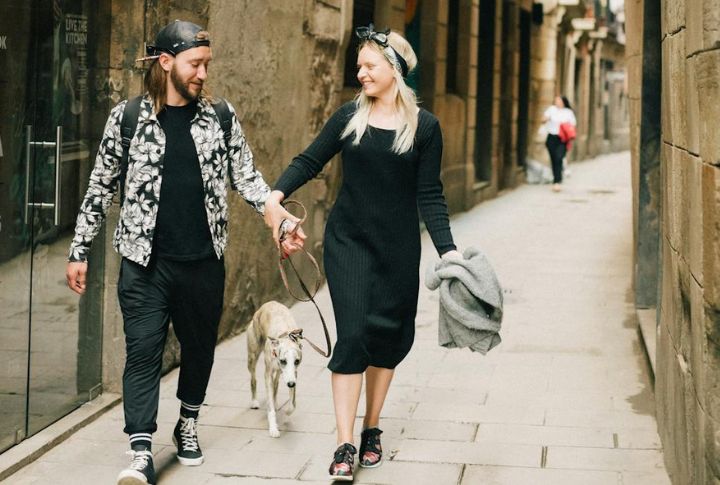
Make compliments count by being specific. Try something like, “Your dog’s leash manners are impressive.” That kind of comment respects the time owners spend training, often for months. It also opens a friendly dialogue. Even small traits, like a quirky ear tilt, can mean the world. These moments leave people feeling more connected.
Respect Their Decision To Limit Dog Interactions
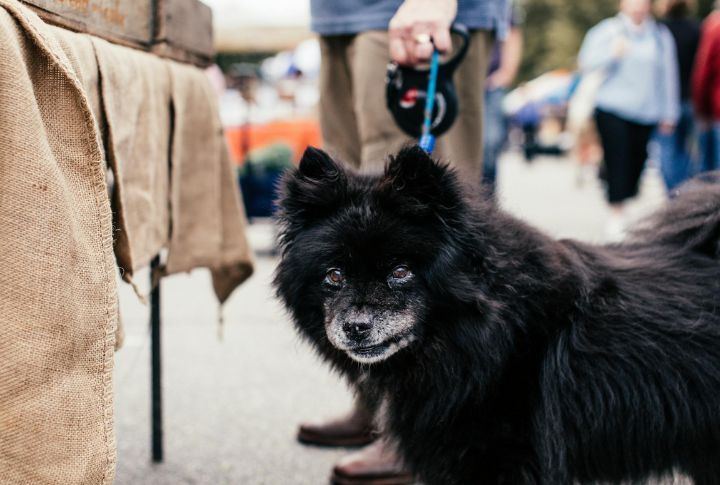
There’s power in respecting silence. When owners keep their dog from others, honoring that choice affirms both their judgment and the dog’s needs. Often, dogs quietly carry anxiety or are focused on training. By giving space, stress fades, and so does suspicion. That moment of care may spark future trust and kindness.

